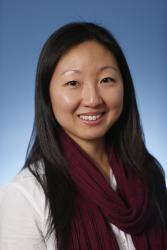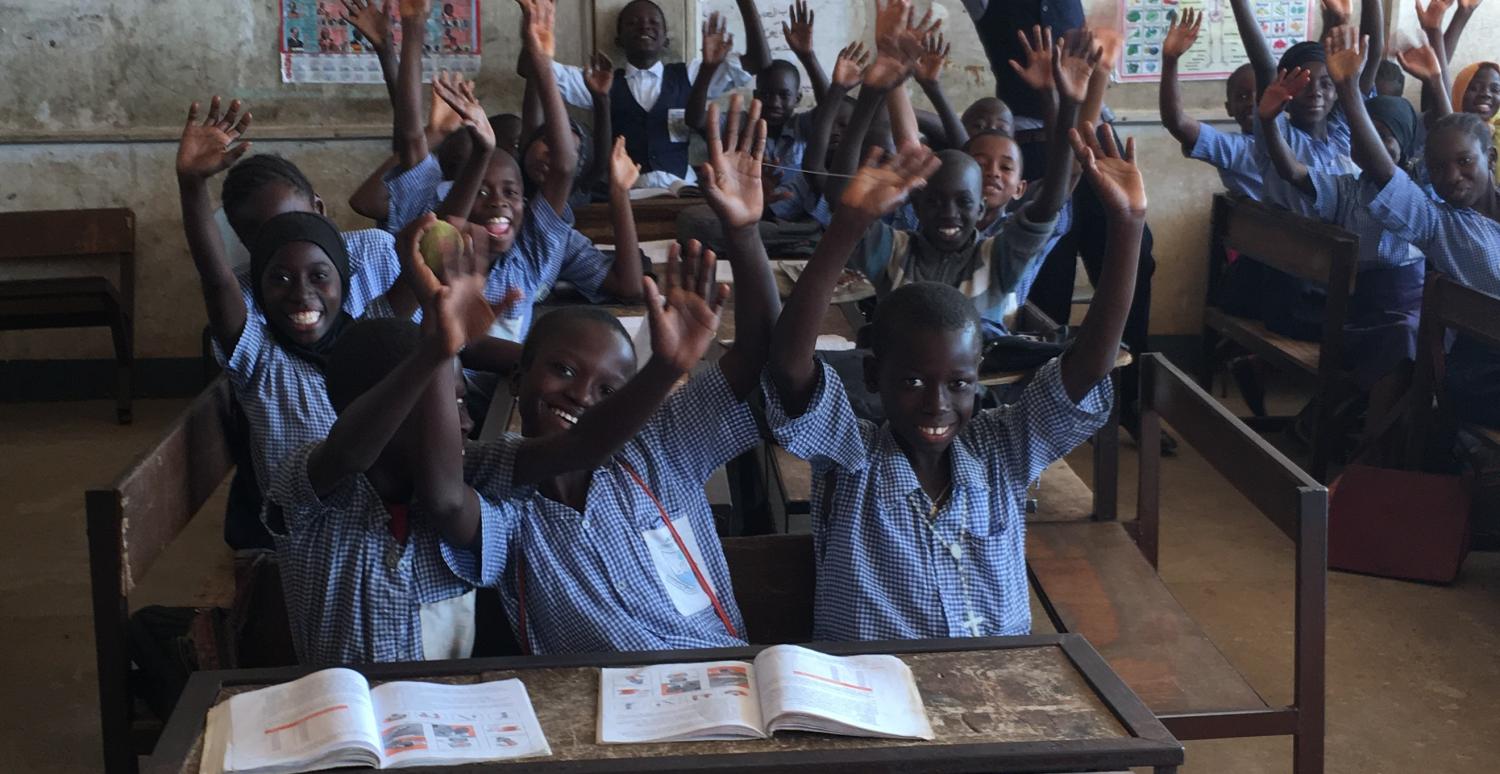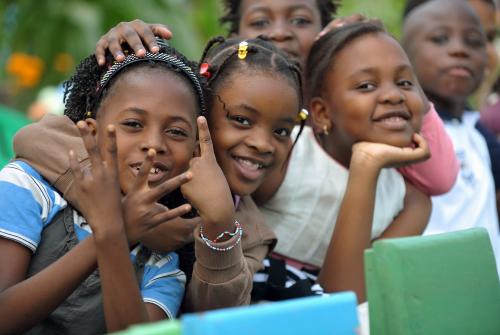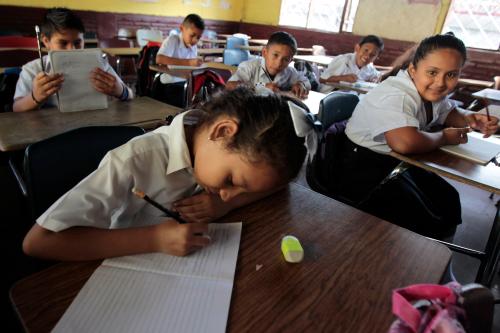This framework marks the first in a series of five reports detailing the work of the Optimizing Assessment for All project at Brookings to strengthen education systems capacity to integrate 21st century skills into teaching and learning, using assessment as a lever for changing classroom practices.
In a world of rapid advancement and change, people and societies need a new mixture of skills to thrive. It is no longer accepted that education devoted mainly to the memorization of facts will prepare people to be thoughtful, productive, and engaged citizens. Rather, people of all ages need a broad set of skills, including cognitive, social, and technological, to evaluate and apply knowledge in ways that meet the new demands of a changing social and economic landscape. These skills, such as critical thinking, problem solving, collaboration, information literacy, and communication, among others, are often broadly referred to as 21st century skills (21CS) or transversal competencies.
Despite increasing global emphasis on measuring learning—with more than 170 countries participating in some type of national, regional, or international assessment—results are not often used in ways that promote student learning. Moreover, countries around the world are including 21CS in their national education goals and policies, signaling their commitment to addressing the changing needs of their learners. However, countries are faced with challenges on how to implement these policies due to disconnects between different parts of the education systems; lack of understanding on how teaching and learning 21CS looks in the classroom; and limited measurement expertise in the area of 21CS assessment.
Between December 2017 and April 2020, the Optimizing Assessment for All (OAA) project will address these challenges by strengthening education systems’ capacity to integrate 21CS into their teaching and learning, using assessment as a lever for changing classroom practices and building that capacity. In this project, 21CS are defined as domain-general skills (cutting across multiple domains of knowledge), which are becoming increasingly important in our 21st century world and its diverse work environments. A central project objective has been shifting attitudes toward the constructive use of assessment to support learning for all. In addition, the project has been based on the premise that many countries are confronted with similar challenges and issues around how 21CS are taught and learned in classroom settings and how education systems can support this process. OAA has taken a ground-up, collaborative learning approach where countries work together to find solutions for developing and using assessment approaches that target 21CS and build their own capacity, rather than relying on external experts.
The OAA project has emphasized developing existing capacity and resources and changing mindsets to cultivate and support a new generation of assessment specialists within the participating countries and regions. OAA has worked in two regions—Asia and sub-Saharan Africa—and three focus countries within each region have participated in a capacity-building approach for designing, developing, and piloting classroom-based assessments of 21CS.
The reports
Following publication of this initial framework, four additional reports will publish throughout the winter and spring of 2020 expanding upon the topline information outlined here. These publications will include: a focus on Asia and Africa, describing the OAA activities in each region, and the slightly different approaches taken between the two; examples of 21CS assessment tasks with explanations on how teachers can use them and develop their own tools; and a system-level guide on policy pathways for countries integrating 21CS.
The Brookings Institution is committed to quality, independence, and impact.
We are supported by a diverse array of funders. In line with our values and policies, each Brookings publication represents the sole views of its author(s).







